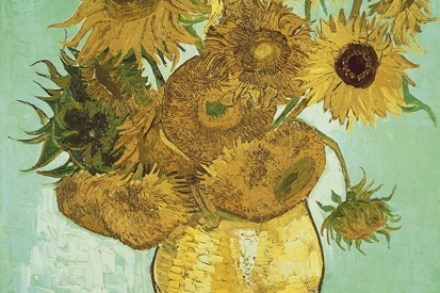Making It Happen, by Iain Martin – review
Fred Goodwin’s descent from golden boy of British banking to ‘pariah of the decade’ would be the stuff of tragedy if the former Royal Bank of Scotland chief were not such a rebarbative personality. A bully to his subordinates, obsessed with the wrong kind of detail, driven by an egoistic urge to trample his enemies,











